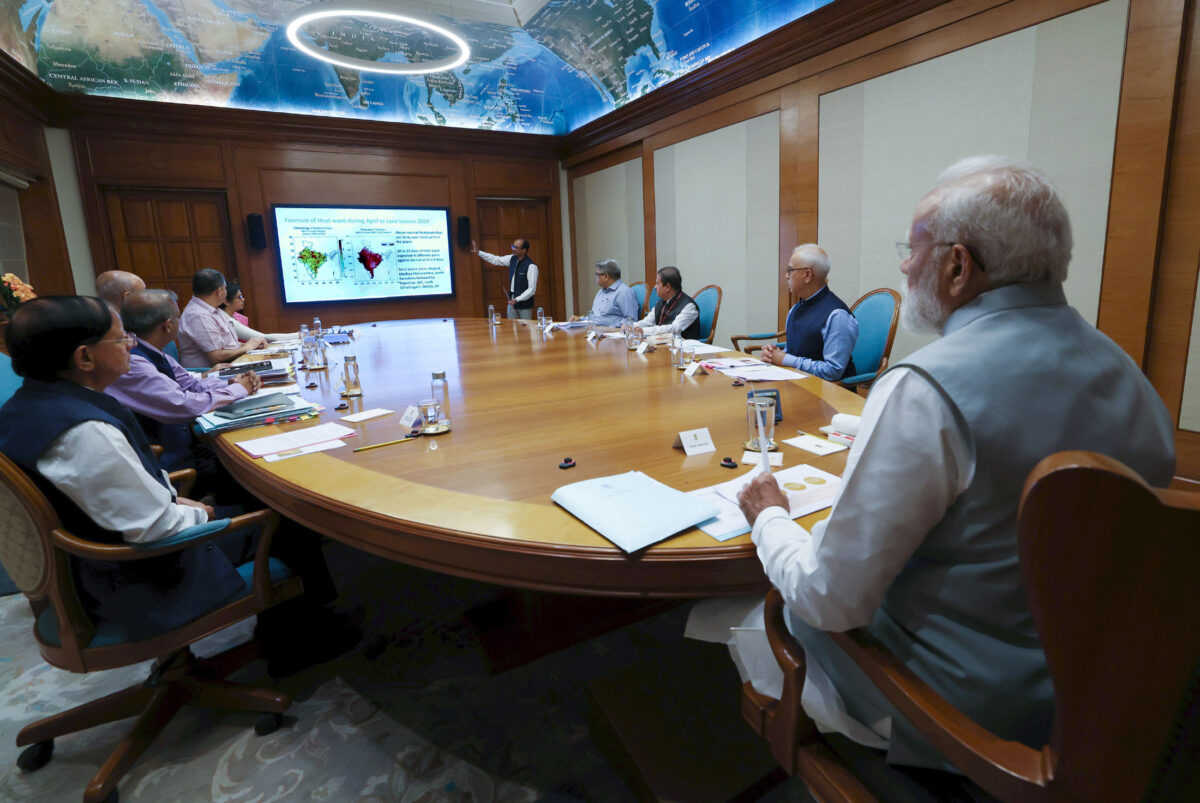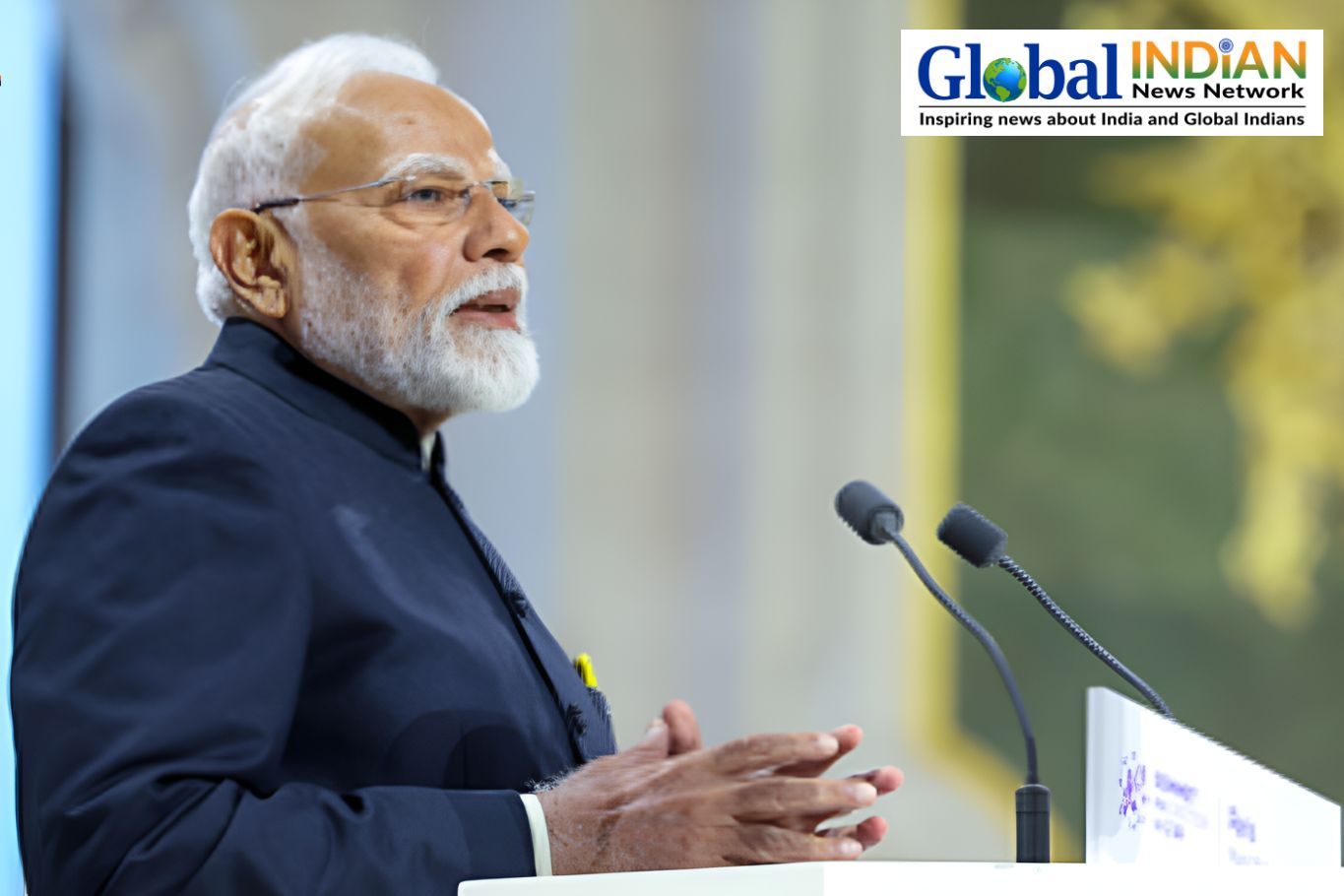
In its manifesto for the forthcoming Lok Sabha elections, the Bharatiya Janata Party (BJP) has pledged to persist in its support for renewable energy sources, energy storage, and electric mobility as part of its broader aim to secure energy independence for India by the year 2047.
One of the prominent objectives outlined in the BJP’s manifesto is to transform India into a global manufacturing center for renewable energy. The party has committed to creating a Center of Excellence dedicated to clean energy technologies and aims to establish India as a global manufacturing hub for wind, solar, and green hydrogen technologies. Furthermore, it intends to expand bio-energy production facilities utilizing various forms of waste.
The manifesto elaborates, “We will secure energy independence for Bharat by 2047 and lessen our dependence on petroleum imports by advancing electric mobility, establishing a network of charging stations, augmenting renewable energy production, and enhancing energy efficiency.”
The BJP, led by Prime Minister Modi, plans to continue forming and leading coalitions with like-minded countries in areas of shared interest, such as the International Solar Alliance and the Global Biofuels Alliance.
The manifesto also highlights the introduction of the PM Surya Ghar Muft Bijli Yojana, a scheme under which poor households will receive free electricity. Prime Minister Narendra Modi launched this initiative on February 15, 2024, with the aim of enabling the operation of electric stoves, fans, air conditioners, televisions, and other household appliances using solar energy, while also promoting the charging of electric vehicles. The scheme, which provides substantial subsidies for the installation of residential rooftop solar systems, aims to benefit one crore households across India.
Additionally, the BJP reiterates its commitment to achieving a target of 500 GW of renewable energy capacity. The development of mega solar parks, wind parks, and the Green Energy Corridor project, among other initiatives, will accomplish this.
The manifesto also mentions the party’s plan to encourage private-sector investments in large-scale battery energy storage systems (BESS). The party intends to enhance renewable energy integration, grid stability, and resilience, ultimately ensuring a sustainable and reliable energy future for the nation.
The BJP also plans to develop partnerships with countries that possess reserves of strategic minerals to secure India’s supply chain for processing industries and the manufacturing of final products using rare earths and strategic minerals.
In terms of green hydrogen production, the BJP has pledged significant investments to develop technologies and increase production capacity, aiming to position India as a major hub for green hydrogen production. The party is also committed to establishing nationwide smart grids for more efficient and intelligent energy management.
In contrast, the Congress party’s manifesto is seen as less ambitious regarding renewable energy goals for India. The Congress intends to launch a program to install solar panels connected to tube wells for energy generation, as well as to promote solar-powered engines for extracting groundwater for agricultural use. It should be noted that the currently ruling government’s PM Kusum Scheme already provides financial assistance to farmers for solarizing their pumps, allowing them to meet irrigation needs and sell excess solar power back to DISCOMs at a fixed tariff.
The Congress party also proposes the establishment of India’s Green Transition Fund. This fund, set up in collaboration with state governments and the private sector, is aimed at facilitating the financing needed for India’s green transition and achieving net zero status by 2070.









